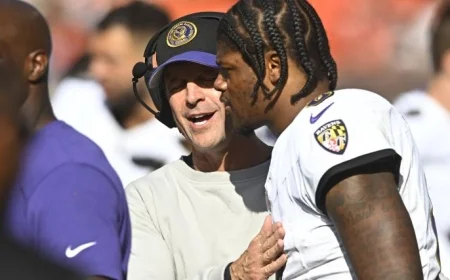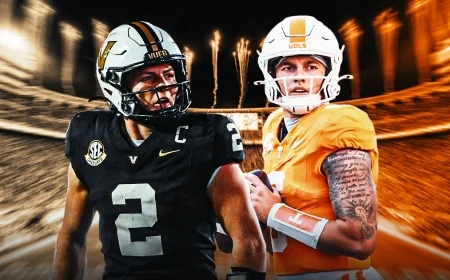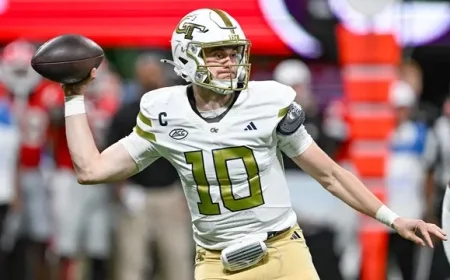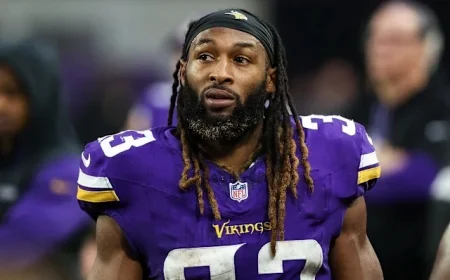UNC Reverses Patriots Social-Media Blackout Following Public Backlash

North Carolina University Responds to Backlash Over Social Media Silence on Drake Maye
The atmosphere around the University of North Carolina (UNC) has become charged following a directive that affected the way they communicated about their former quarterback, Drake Maye. Last week, a report by Ross Martin of Emegypt revealed that UNC refrained from posting any social media content celebrating Maye’s achievements due to a directive from New England Patriots coach Bill Belichick, who mandated that any Patriots-related content should remain off-limits.
Backlash Prompts Quick Change in Social Media Strategy
The absence of social media recognition of Maye did not go unnoticed and quickly led to widespread criticism. Observers labeled the decision as petty, questioning the rationale behind it. In response to the backlash, UNC acted swiftly, posting a tweet on Monday morning that not only celebrated Maye but also included a highlight clip of his impressive performance during the game against the Buffalo Bills on Sunday night. This quick pivot demonstrates how public pressure can influence decisions in sports communications.
The Potential Fallout on Bill Belichick
Looking ahead, the situation raises questions about whether Bill Belichick will address the controversy in his next press conference. Given his history of avoiding personal topics, he may choose to sidestep inquiries about social media dynamics, potentially stating his unfamiliarity with platforms like “Instaface”—a term he famously used in previous conversations regarding social media. However, given the increasing prominence of social media in sports culture, it is likely that he is more aware of these platforms than he lets on.
Key Takeaways from the Incident
- North Carolina’s initial silence on Drake Maye highlighted a conflict in sports communication strategy.
- The swift decision to post a tribute demonstrates the influence of public opinion and media scrutiny.
- Belichick’s handling of the situation may reveal much about his approach to social media and modern sports narratives.
As the story continues to unfold, all eyes will be on Belichick to see how he navigates the repercussions of this unusual intersection between collegiate sports and professional expectations. This incident serves as a reminder of the delicate balance between tradition and modern communication, particularly in the world of sports.
































